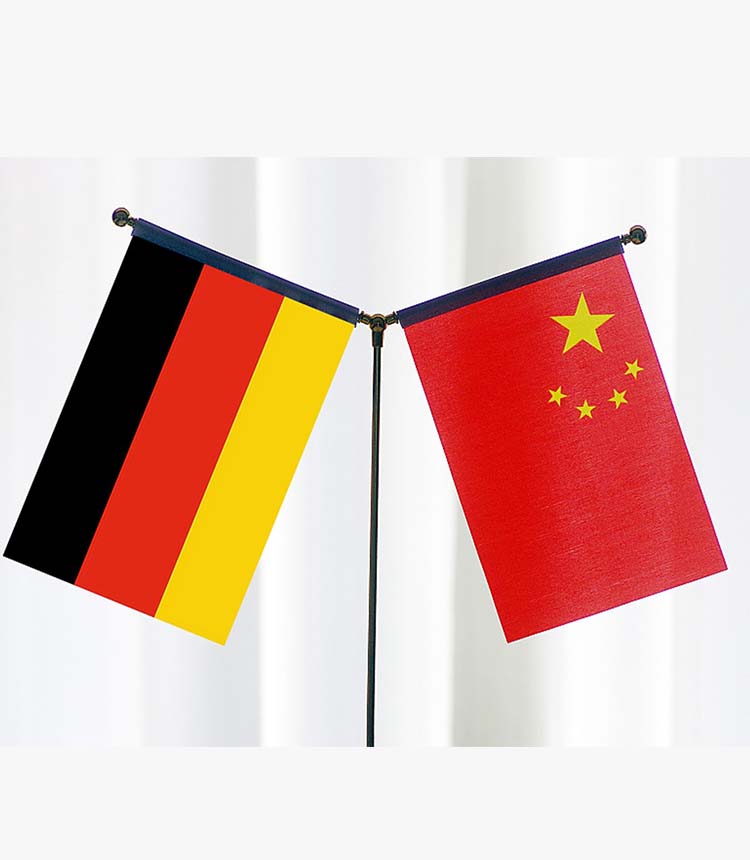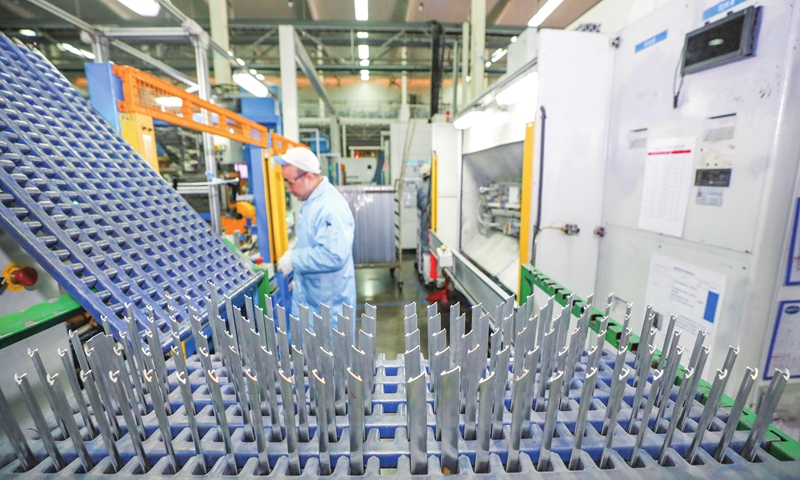German industries getting cheap Russian gas...... in China.
BASF opens Zhanjiang plant as China-Germany economic ties deepen
By Global Times Published: Sep 07, 2022 02:13 AM
China Germany Photo:VCG
Chinese Vice Premier Han Zheng presided over the inauguration ceremony for German multinational chemical company BASF’s new plant in Zhanjiang, South China’s Guangdong Province on Tuesday via video link, the Xinhua News Agency reported. It signifies deeper economic and trade investment cooperation between China and Germany, as well as further opening-up for foreign investors.
The new plant will have annual capacity of 60,000 metric tons of engineering plastics, bringing BASF’s total capacity in the Asia Pacific region to 420,000 metric tons from 2023, according to a statement the company sent to the Global Times on Tuesday.
“It is an exciting start for our Zhanjiang Verbund site,” said Martin Brudermüller, chairman of the BASF SE board of executive directors.
“Upon completion, it will be our third-largest Verbund site globally and a role model for sustainable production both in China and around the world,” Brudermüller said.
BASF aims to power the entire Zhanjiang Verbund site with 100 percent renewable electricity by 2025.
Construction of the Zhanjiang plant began in 2020. An expansion phase covering further downstream plants for diversification is expected to be operational by 2028.
The comprehensive construction of the BASF (Guangdong) integrated base project and the commissioning of the new plant are of great significance for China and Germany to deepen economic and trade investment cooperation, jointly respond to the impact of the epidemic, and maintain the security and stability of the global petrochemical industry chain and supply chain, the Xinhua News Agency reported.
China has beefed up support for foreign investment with a series of policies designed to draw foreign investment toward manufacturing and research while also prompting the launch of some major foreign-funded projects.
This policy support has boosted market confidence among foreign investors, despite global headwinds such as inflation, the epidemic and other factors.
Data from the Ministry of Commerce shows that from January to July, the actual use of foreign capital nationwide reached 798.33 billion yuan, a year-on-year increase of 17.3 percent on a comparable basis.
Investment in China has seen rapid growth, reflecting the strong attractiveness of the Chinese market and the opportunities and potential for multinational companies.
Investment by South Korean companies in China increased by 44.5 percent from January to July, followed by an increase of 36.3 percent by US firms, 26.9 percent from Japanese firms, and 23.5 percent from German companies.


